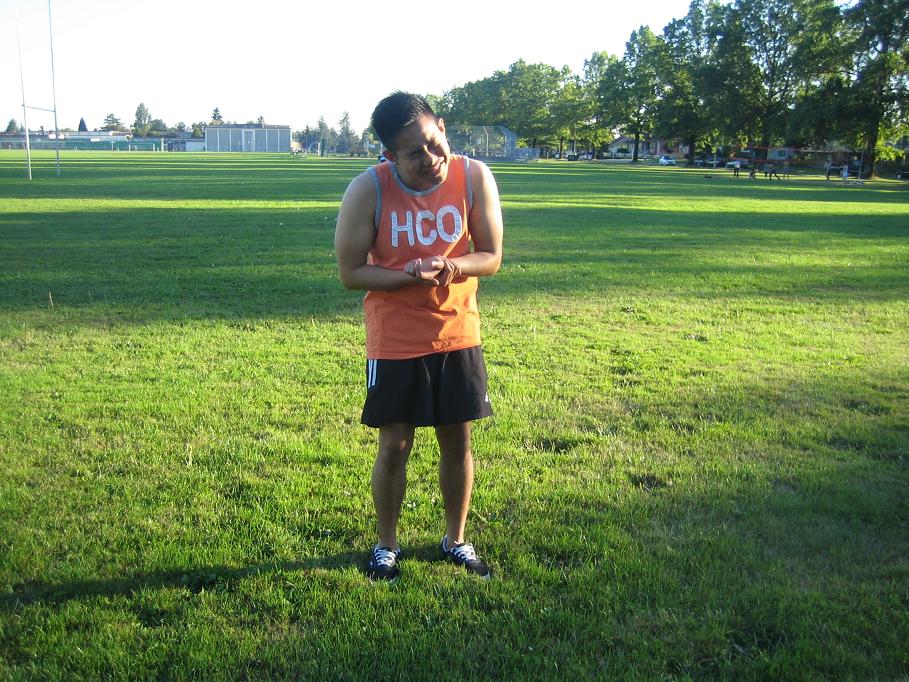Carpal tunnel syndrome is a condition that occurs when pressure is applied to one of the major nerves to the hand called the median nerve which causes numerous symptoms such as pain, numbness, and tingling in the hand and arm.
If you continue to apply pressure on the median nerve, it might leave to nerve damage and symptoms will worsen. As the condition worsens, the symptoms may appear more frequently and last for a longer period.
Common causes
- Repetitive hand motions like typing or any other motion that you repeat over and over with your wrist
- Conditions such as hypothyroidism, diabetes and rheumatoid arthritis
- Obesity
- Trauma
- Pregnancy
Signs and symptoms of carpal tunnel syndrome

- A burning sensation in the hand
- Tingling of the hand that may reach up to the shoulder
- Numbness of the hand that may reach up to the shoulder
- Itching of the hand
When carpal tunnel syndrome worsens, more symptoms may develop, and the previous symptoms will worsen, these new symptoms include:
- Decreased grip strength
- An increase of pain and cramping
- Slower nerve impulses
- Loss of sensation in the fingers
- Difficulty or loss of coordination with fingers
If left untreated, carpal tunnel syndrome may lead to permanent nerve damage, permanent muscle damage and overall loss of function of your hand which may affect your everyday life and daily routine. It is best to immediately seek medical attention to have it treated right away so that the situation does not worsen.
Risk factors
There are certain work environments and jobs that may contribute to increasing the risk of carpal tunnel syndrome if they involve any of the main reasons such as repetitive hand motions or constant typing. These jobs include but are not limited to:
- Cashier
- Assembly line worker
- Sewer or knitter
- Musician
- Cashier
As your doctor diagnoses your hand for carpal tunnel syndrome, you may be asked by your doctor to try to fully flex your wrist or tap the palm side of your wrist with your arms completely extended.
Carpal tunnel syndrome can be treated with different approaches, a change of lifestyle if it is caused by repetitive motion. Your doctor may tell you to use a splint to prevent your wrist from moving too much and to lessen the pressure applied to the nerves. You can take more frequent breaks or reduce that activity. Your doctor may recommend numerous exercises that can help you with your grip and control. Your doctor may also suggest medication such as anti-inflammatory drugs or steroids to help reduce swelling. Surgery is necessary if the treatments above fail to solve the problem.
FACT CHECK
https://en.wikipedia.org/wiki/Carpal_tunnel_syndrome
https://www.webmd.com/pain-management/carpal-tunnel/carpal-tunnel-syndrome#1
https://orthoinfo.aaos.org/en/diseases–conditions/carpal-tunnel-syndrome/

